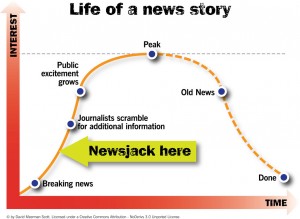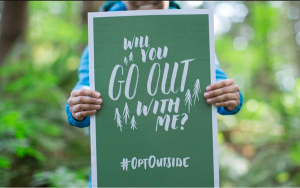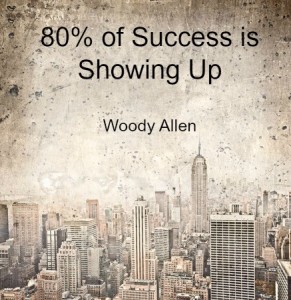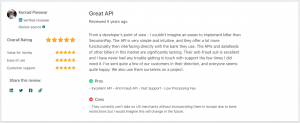The cloud of dread hanging over you on Sunday evening; the wave of anxious anticipation you feel ahead of a new week; the cold sweat you get thinking about Monday. These feelings have a name: the “Sunday scaries.”
According to recent data from LinkedIn and Headspace, the so-called “Sunday scaries” are getting worse, supposedly stemming from growing economic uncertainty, financial stress, and employment concerns.
LinkedIn surveyed 2,000 U.S. workers and found that 75% experience Sunday scaries. And while it may seem like workers have long-dreaded the end of the weekend (look no further than Garfield’s disdain for Mondays as cultural evidence), LinkedIn’s research suggests that the extent to which workers currently experience the Sunday scaries is, in fact, novel and on the rise.
Among those who face the Sunday scaries, 74% say their feelings have increased because of current economic uncertainty; 37% say they have worsened because they are more overwhelmed at work than ever before; and 31% blame their fear of a potential recession.
LinkedIn career expert Andrew McCaskill admits that he was surprised by how common pre-workweek anxiety is. “However, there are tons of employees who are feeling burned out,” he says. “And most recently, there has been a sense of economic uncertainty, so it makes sense that this critical mass of people are feeling Sunday scaries.”
Despite this sense of economic uncertainty, McCaskill emphasizes that the U.S. economy has remained relatively resilient. The U.S. unemployment rate currently stands at 3.4%, the lowest level since 1969 and many organizations are hiring. For workers who are worried about losing their jobs or a potential recession, McCaskill recommends looking beyond high-profile layoffs in the tech industry at the bright spots in the economy to ease their anxiety.
“There [are] 1.9 open jobs for every job seeker right now. So this is still absolutely a market that favors talented job seekers,” says Frank Giampietro, chief wellbeing officer at EY Americas. “Contrary to what you may see in the headlines around layoffs, it’s still a very competitive market.”
For those whose anxiety is not tied to the economy, McCaskill recommends workers take their beginning-of-the-week-experiences into their own hands by organizing their Monday schedules in advance, blocking off time to ease into the week, and creating opportunities for connection.
“Take breaks, have that lunch with the person at work that you really enjoy speaking to, go for a walk, get a change of scenery if possible,” he says. “You’re entitled to feel how you feel, but you also have a lot of agency in managing your Monday experience, too.”
LinkedIn is not alone in observing heightened anxiety among workers. Meditation app Headspace recently found that nearly 30% of users have a hard time sleeping nearly four nights per week out of fear of losing their job.
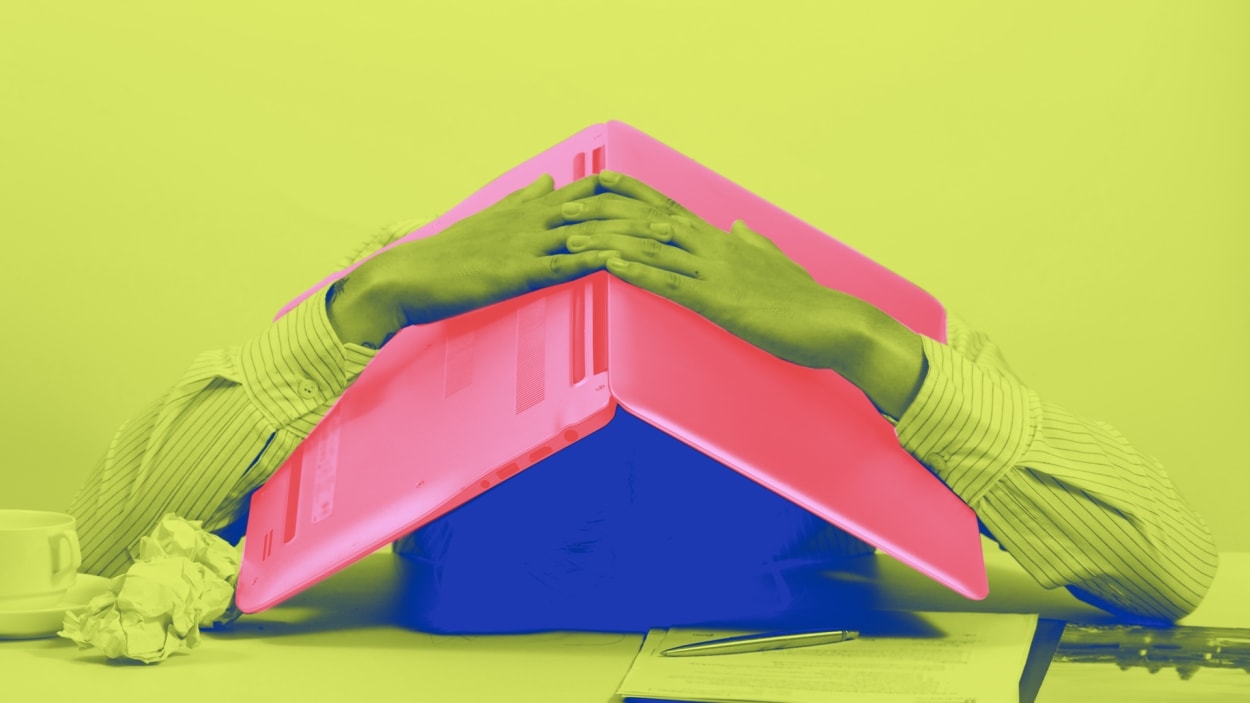
“Research has shown a correlation between economic uncertainty and stress, so this concept isn’t necessarily new,” says Dr. Dana Udall, chief clinical officer of Headspace Health. “However, what is unique in today’s current environment is the compound effect of multiple global crises coming to a head at once—the global pandemic, political unrest, rising inflation, and economic instability to name a few. All of these factors can impact how we show up in the workplace—and ultimately our overall mental health.”
To address the Sunday scaries, Udall—perhaps unsurprisingly—recommends mindfulness, meditation, practicing gratitude, and seeking therapy. But she also recommends taking breaks from the news, and even work, when necessary.
“If your job requires you to regularly interact with the news, it can be helpful to schedule time to intentionally disconnect,” she says. “Spend these breaks doing something that fuels and restores you, whether that’s talking with friends, making a cup of tea, or going on a walk.”
McCaskill adds that the rise in pre-workweek anxiety could also be traced back to the first few years of the pandemic, when people had time to pause and reflect on the role that work plays in their life. He wonders if perhaps this opportunity to pause, much like the pause many of us enjoy over the weekend, has allowed for reflection’s evil twin—anxiety—to sneak in.
(7)
Report Post
